Urgent
SEC issues resolution to form Legislative, Legal Affairs Committee
 UAE-India partnership reflects constructive strategic, developmental cooperation: Indian Ambassador
UAE-India partnership reflects constructive strategic, developmental cooperation: Indian Ambassador
 Masdar City Free Zone wins three ‘Business Tabloid’ awards
Masdar City Free Zone wins three ‘Business Tabloid’ awards
 Fifteen dead, scores missing as passenger ferry capsizes off southern Philippines
Fifteen dead, scores missing as passenger ferry capsizes off southern Philippines
 Italian President to begin state visit to UAE tomorrow
Italian President to begin state visit to UAE tomorrow
 Mubadala sells its minority stake in Arcadia Consumer Healthcare
Mubadala sells its minority stake in Arcadia Consumer Healthcare
 DAE announces long term lease of 2 Boeing 737-8 to Somon Air
DAE announces long term lease of 2 Boeing 737-8 to Somon Air
 S. Korea's coffee imports top 2 trillion won for first time in 2025
S. Korea's coffee imports top 2 trillion won for first time in 2025

 UAE-India partnership reflects constructive strategic, developmental cooperation: Indian Ambassador
UAE-India partnership reflects constructive strategic, developmental cooperation: Indian Ambassador
 Masdar City Free Zone wins three ‘Business Tabloid’ awards
Masdar City Free Zone wins three ‘Business Tabloid’ awards
 Fifteen dead, scores missing as passenger ferry capsizes off southern Philippines
Fifteen dead, scores missing as passenger ferry capsizes off southern Philippines
 Italian President to begin state visit to UAE tomorrow
Italian President to begin state visit to UAE tomorrow
 Mubadala sells its minority stake in Arcadia Consumer Healthcare
Mubadala sells its minority stake in Arcadia Consumer Healthcare
 DAE announces long term lease of 2 Boeing 737-8 to Somon Air
DAE announces long term lease of 2 Boeing 737-8 to Somon Air
 S. Korea's coffee imports top 2 trillion won for first time in 2025
S. Korea's coffee imports top 2 trillion won for first time in 2025



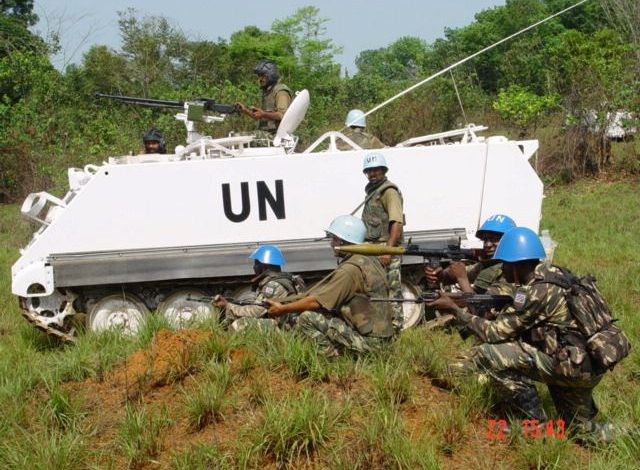
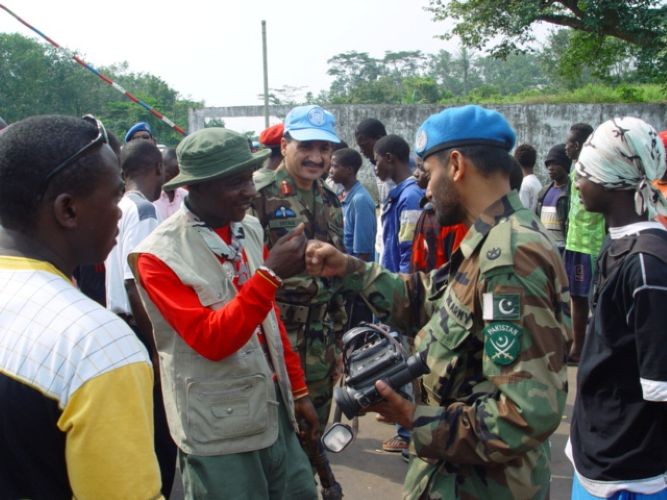
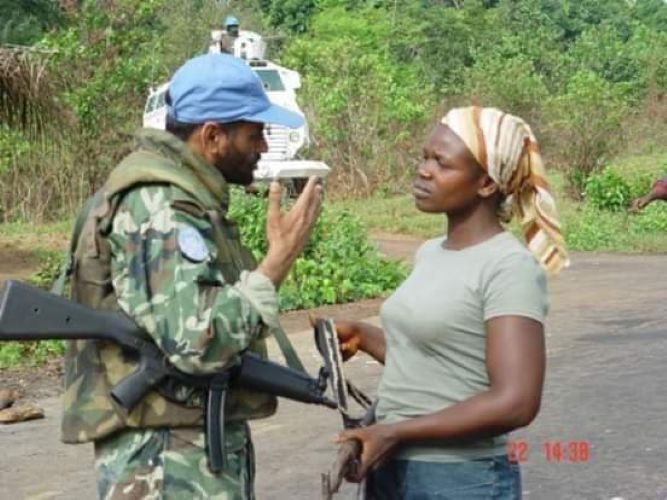
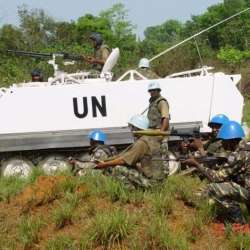





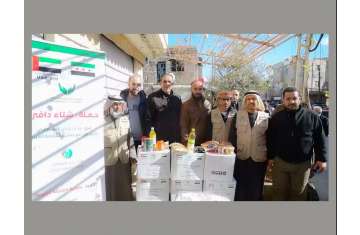
Comments